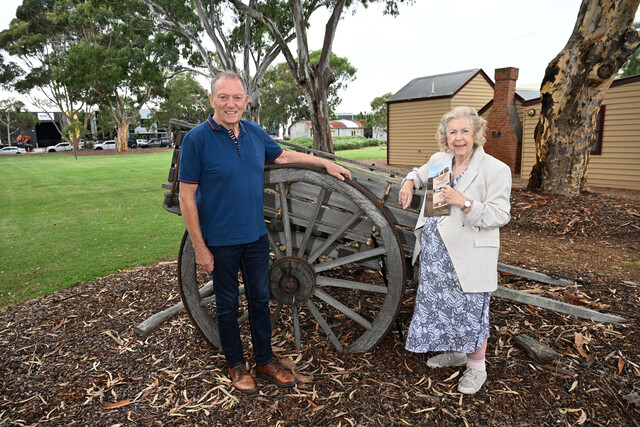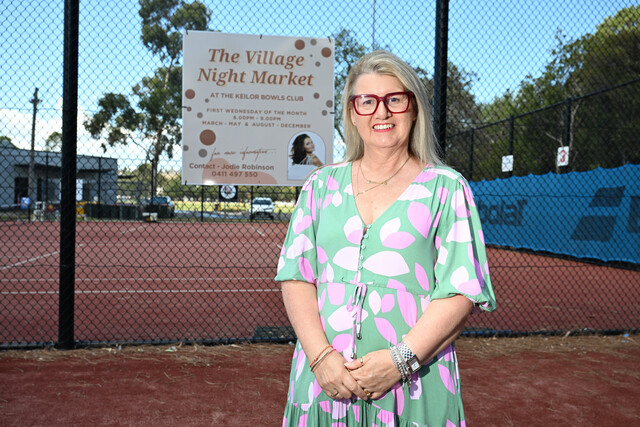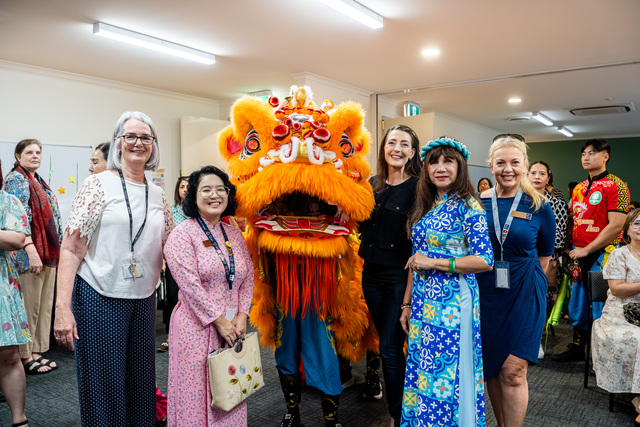University of New South Wales (UNSW) experts say it’s never too late, nor too early, to adopt healthy habits that can delay the onset of dementia.
Forgetting names and misplacing items happen to us all, including those in Sunbury and Macedon Ranges, more so as we age.
UNSW Healthy Brain Ageing co-director and Scientia Professor Henry Brodaty said there’s no single test that can say conclusively whether someone has the beginnings of dementia, but diagnosis begins with a visit to a GP.
There the GP might test the patient’s short-term memory with some word, number and drawing exercises, after which they may then refer the patient on to a specialist.
But Mr Brodaty said sometimes the most reliable indicator is to ask someone who is living with the patient.
“The diagnosis is usually a combination of getting a history from the patient and a history from someone who lives with them,” he said.
“That’s probably the most useful thing- someone who lives with you 24/7 is a much more accurate rapporteur than someone like me doing a one hour assessment in a clinic.”
We all have our forgetful moments, but UNSW experts said when major memory lapses start becoming consistent and start impacting one’s day-to-day life, it could be an indicator of cognitive decline.
Centre for Healthy Brain Ageing associate professor Simone Reppermund said we have to distinguish between what is cognitive decline and what’s physical decline.
“As we age, we get more frail, and it may be difficult to walk longer distances or to have the range of motion to drive a car,” she said.
“But that’s unrelated to cognitive decline, and this is where dementia or cognitive impairment comes in.
A person with dementia at some point will not be able to do the things they once could do without thinking, such as drive a car, because they get confused and are no longer able to process the sensory information required to do this.”
According to Dementia Australia, it’s when people encounter difficulties with the following on a regular basis that there could be some underlying cognitive cause worth investigating:
Trouble remembering recent events
Trouble finding the right word
Trouble remembering the day and date
Forgetting where things are usually kept
Difficulty adjusting to changes in routine
Trouble understanding written content or a story on television
Difficulty following conversations in groups
Problems handling finances
Difficulty with everyday activities
Losing interest in activities that were previously enjoyable

















